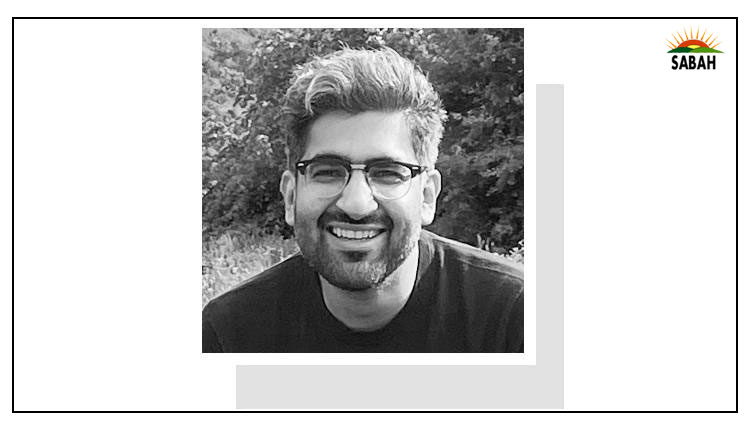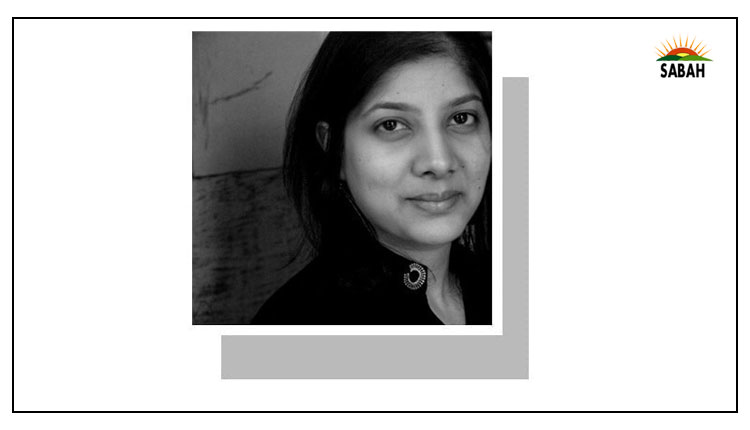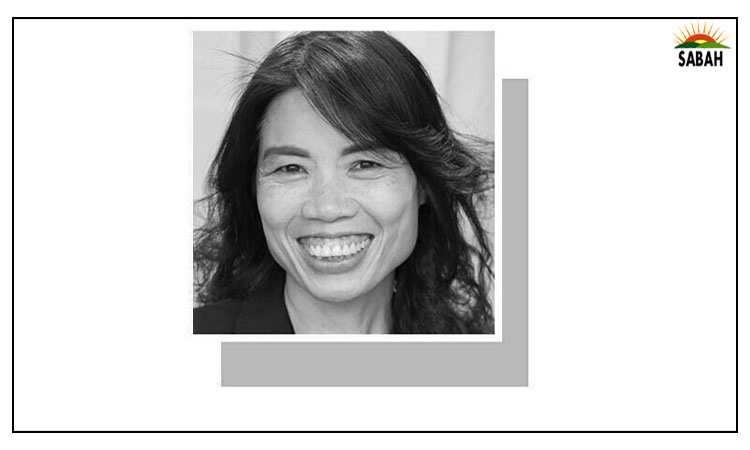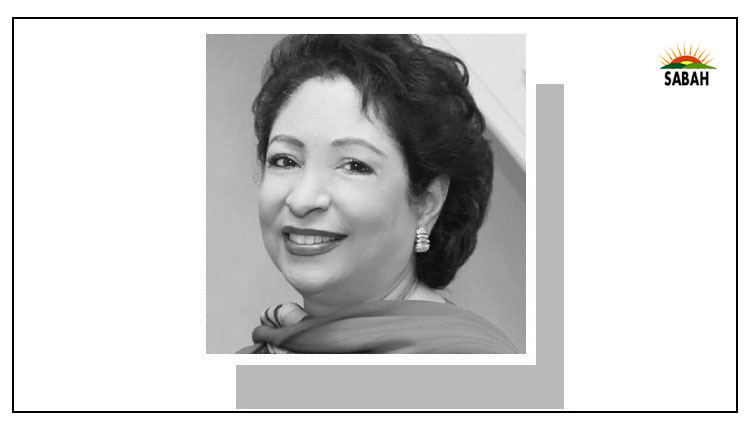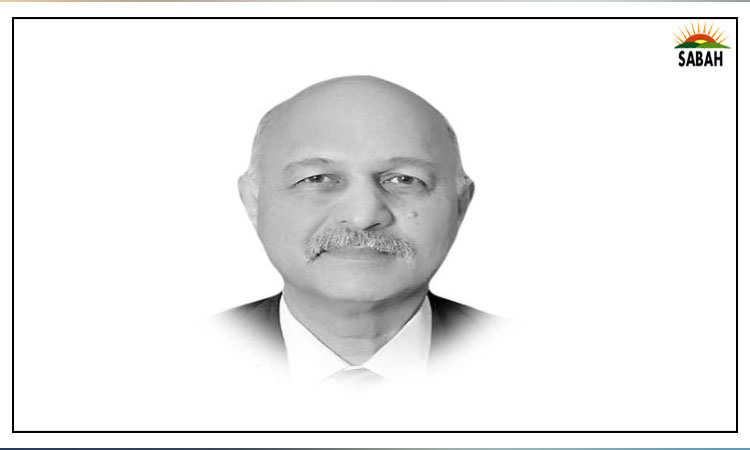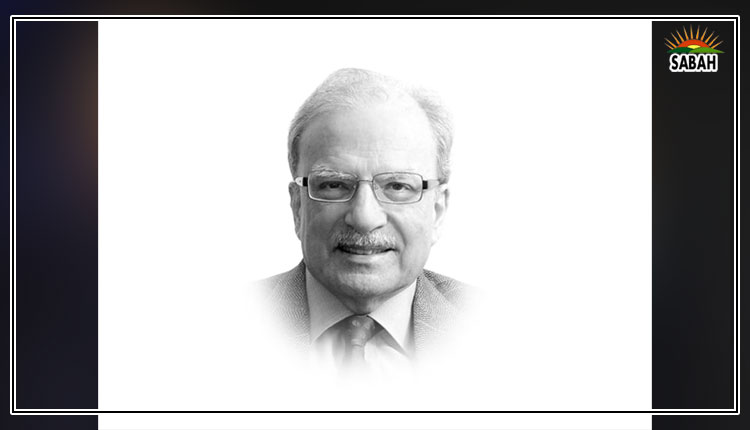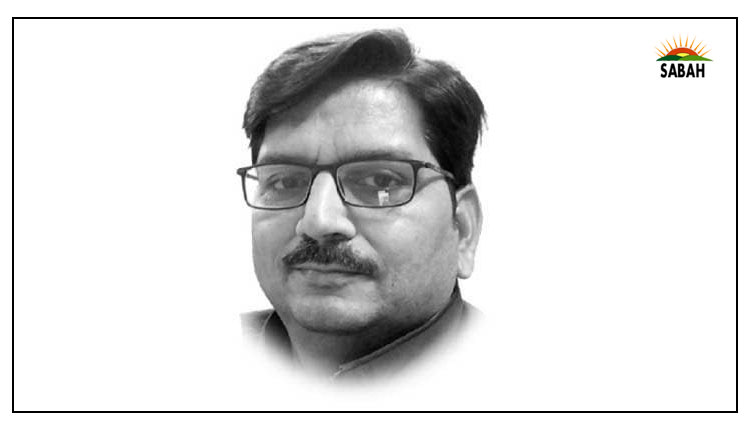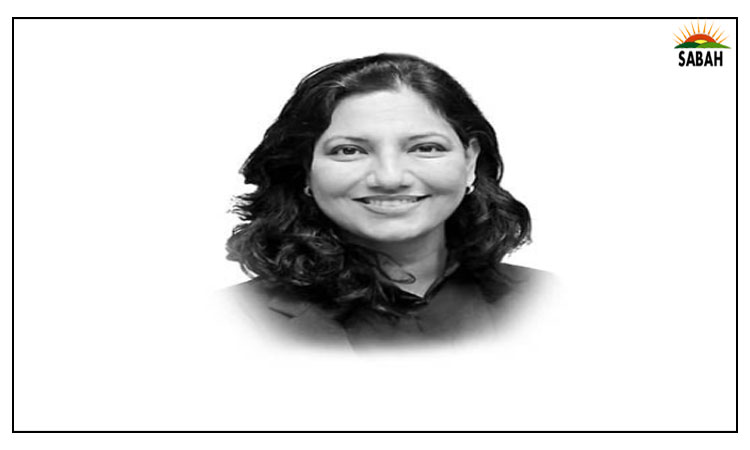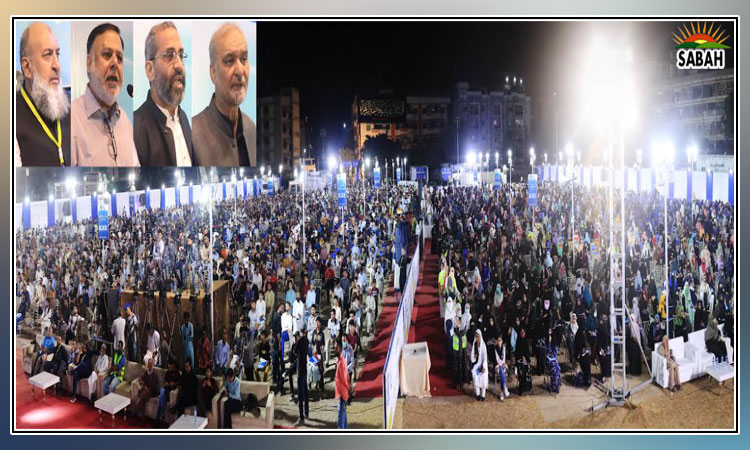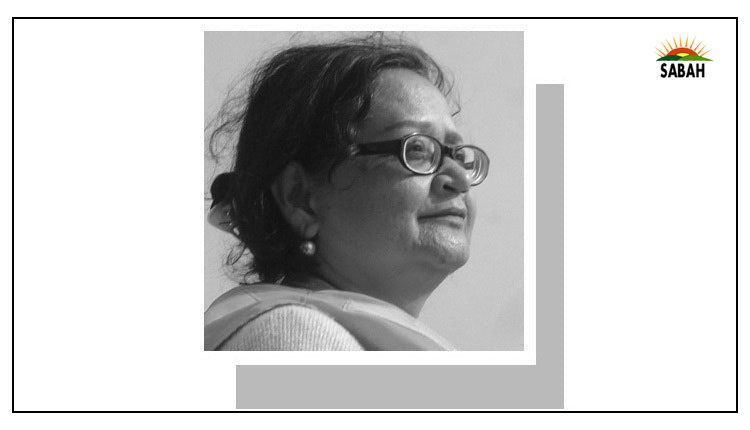Census takers…Zeenat Hisam
The melancholy of having to count souls/ Where they grow fewer and fewer every year. Census Taker by Robert Frost
THE poem published in 1923 by the American poet captures the solitude of the locale, of diminishing life as farmers left the New England region in droves and headed to the cities in the early 20th century. What have the census takers in Karachi in 2023 felt while counting the people? By all accounts, it was exasperation.
There have been reasons aplenty, ranging from non-cooperation, lack of understanding of respondents and their distrust of the state, to hardship in accessing households both urban and rural. So, hats off to the perseverance and courage of the 126,000 census takers women and men who counted souls all over Pakistan despite the odds.
Pakistans seventh population and housing census, and its first digital one, comes after the controversial 2017 census which led to the decision of the Council of Common Interests in April 2021 to use the latest technology for data credibility. Though different stakeholders have criticised one or the other aspect political and technical data collection through android-based smart devices, synchronised with GPS and GIS, is a better way to count the population. According to a UN Statistical Division 2011 report, 138 countries used GPS/GIS in the 2010 round of censuses. Cost-effective and accurate, the geospatial technologies facilitate census-mapping processes, more so in the context of a diverse and difficult geographical terrain which make identification and access to scattered human settlements laborious.
In our cities, access to households in high-rise apartments posed a challenge to the census takers as guards had to be persuaded to allow the team to enter. According to some enumerators, upper-middle-income and upper-income localities proved the most difficult and uncooperative due to layers of guards and domestic help. In many cases, women in the households refused to talk to strangers. Data collection from lower-income settlements was easier as households were cooperative and the women forthcoming. Often, the enumerators had to visit the same household a few times as the CNIC number of either one or the other family member could not be accessed.
Trust deficit and reduced cooperation have been reported among the major challenges in census taking across the world. In Pakistan, these obstacles take on another dimension due to low trust in state institutions, rising crime, weak security, a poor law-and-order situation and social medias negative role. When census 2023 began, many in the public, including myself, received messages to be wary of dacoits disguised as census takers!
The process could have been made easier for the census takers had the government run public-awareness campaigns in the pre-enumeration stage, explaining the benefits of the census and the need for peoples cooperation. This could have been done via advertisements in national and regional language media print, electronic and social and through broadcasting messages on mobile phones. It is recommended that with the conclusion of the data collection stage, the Federal Bureau of Statistics solicit the enumerators feedback and use it for strategic changes in future. The enumerators feedback form shared in the FBS Census Operation Field Report comprises feedback on 11 identified technical issues and the last column simply says other (specify). Feedback on social issues (ie respondents attitude, cooperation and trust) must be documented through identified soft issues.
Regarding controversies about census processes and outcomes, it is hard to imagine that these will ever abate in a country so deeply divided along different lines. Apparently, counting is an apolitical act but counting souls and collection of data by different categories (ethnicity, language, gender, class, etc) is inherently political. Counting generates knowledge, and according to Foucault, power and knowledge are intricately linked.
Constitutionally, power (seats in the national and provincial assemblies) is allocated and the share of each province in federally collected tax revenue is determined according to their proportionate share in the total population. The census plays a key role in development planning only if data is accurate and transparent and used justly and judiciously.
After field operations are complete and data processing begins, it would be worthwhile if timely analyses of key categories and trends are done by experts and shared publicly to resolve doubts. It is hoped there will be no undercounting of any category, unlike the significant undercounts of the Black, Latino and Native American populations in the US the most technically advanced and powerful country in the world in its 2020 census!
Courtesy Dawn


